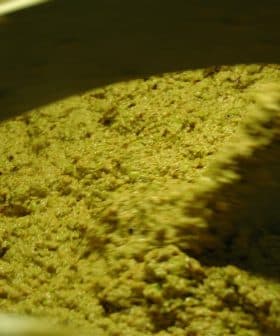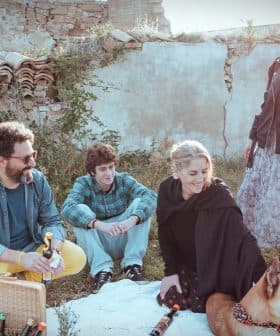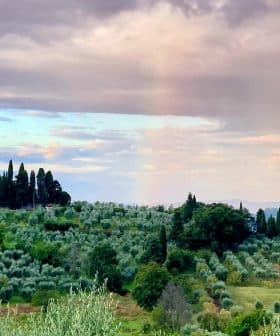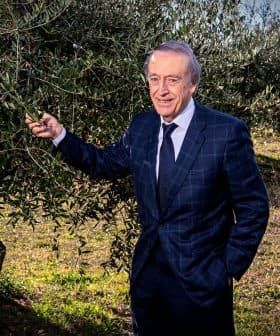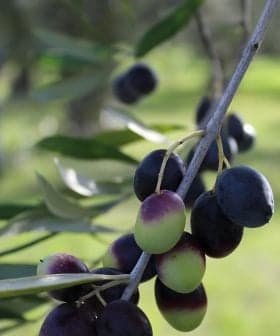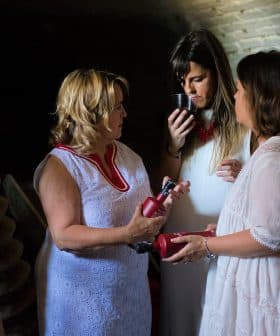Southern Italian Producers Enjoy Another Strong Showing at World Competition
Italian olive oil producers from Campania and Calabria achieved significant wins at the 2021 NYIOOC World Olive Oil Competition due to their dedication to their craft despite challenges such as drought and extreme weather events. Producers such as Masseria dei Nunzi, Fontana Lupo, Donato Parisi’s Olio di Calabria Organic PGI, and La Casa del Sole were recognized for their high-quality olive oils, showcasing the unique flavors and traditions of these regions.
Part of our continuing special coverage of the 2021 NYIOOC World Olive Oil Competition.
Some of the most relevant wins for Italian olive oil producers at the 2021 NYIOOC World Olive Oil Competition came from the passionate work and dedication of farmers in Italy’s southern regions.
In Campania and Calabria, where olive oil production is a tradition cherished by generations of growers, several producers won Gold and Silver Awards, confirming the unique nature of these regions’ olive trees and olive oil flavors.
Those two regions have been hit by drought and a series of extreme weather events that strained the agriculture sector in the past year.
See Also:The Best Olive Oils from ItalyThe Covid-19 pandemic also complicated producers’ ability to recruit laborers for the harvest and market their products, which added to what was already one of the most challenging years in recent history.
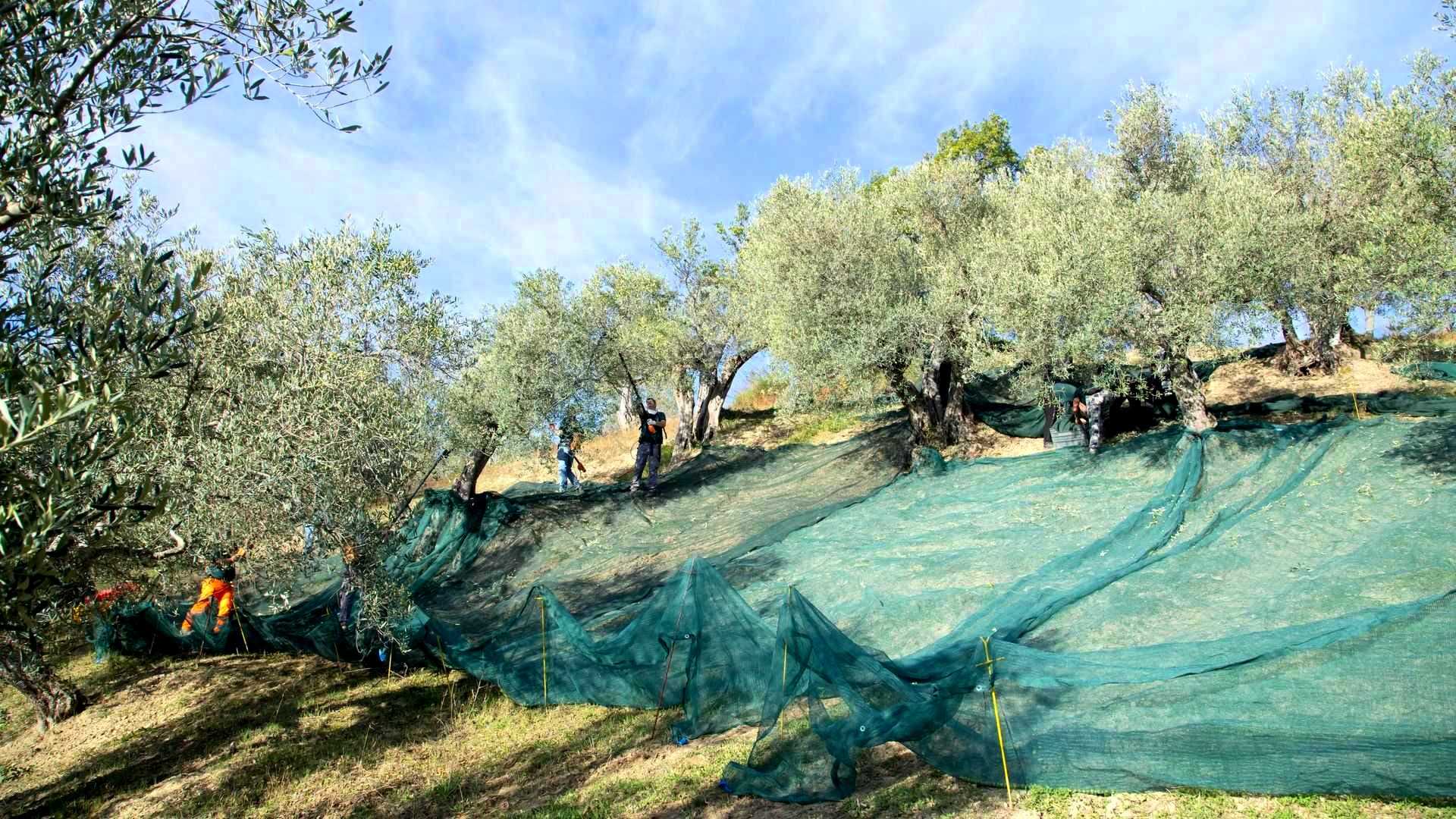
Photo: Masseria dei Nunzi
According to Italy’s National Institute for Statistics, production in Campania and Calabria, which is the country’s second-largest olive oil-producing region, fell by 23 percent and 22 percent in 2020, respectively.
“The effects of climate change are very real, and managing farming operations is getting harder by the year,” Barbara Bibbò, owner of Masseria dei Nunzi, whose extra virgin olive oils won two Gold Awards at the 2021 NYIOOC, told Olive Oil Times.
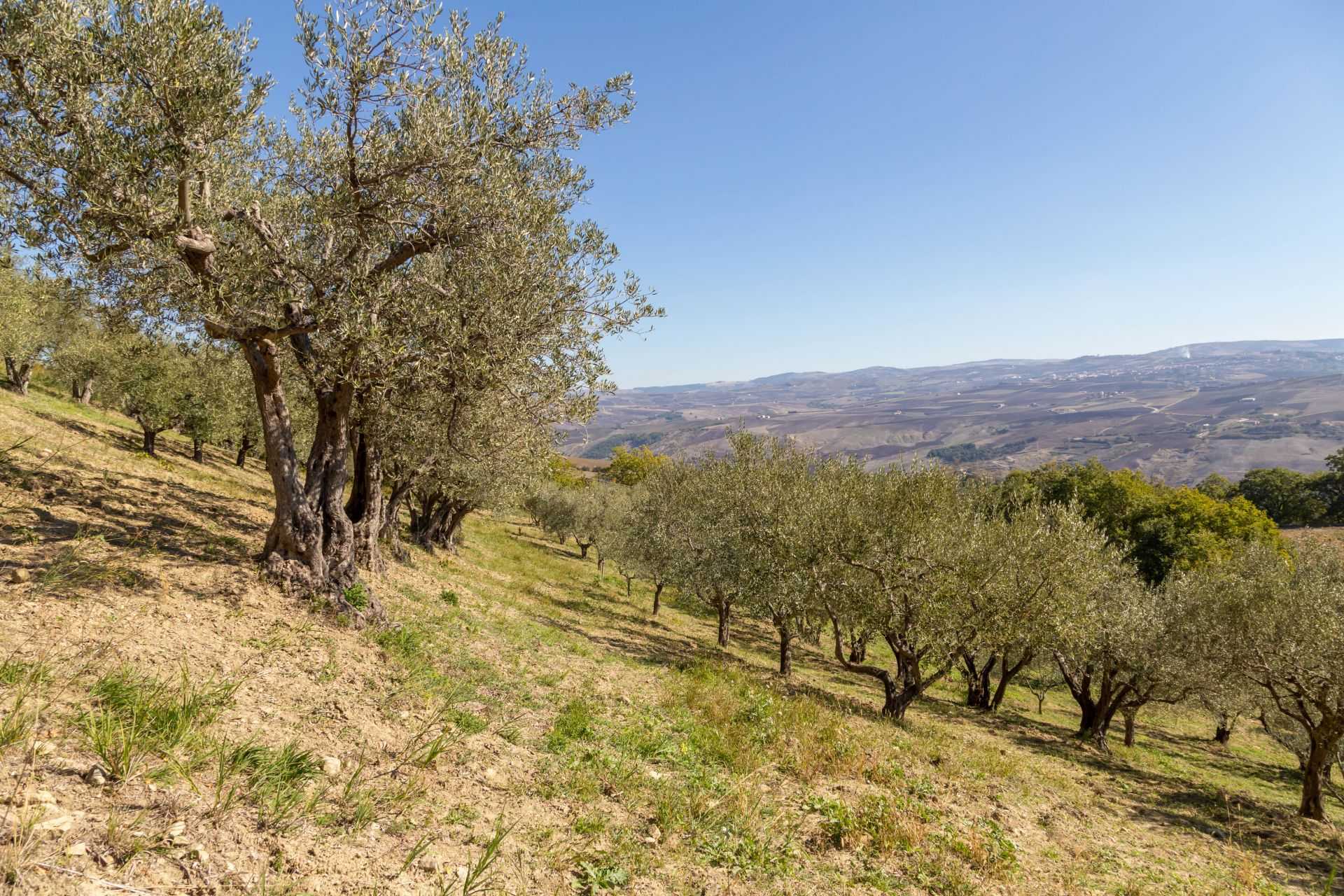
Photo: Masseria dei Nunzi
“One of the most troubling events is represented by the intensity and uneven distribution of rainfall during the year,” she added. “2020 has been characterized by an exceptional drought, which led to a drop in production, even though it allowed us to maintain the highest quality level.”
Located in one of the most beautiful and remote areas of Campania, the Samnium, Masseria dei Nunzi inherited a century-old farming tradition.
Ancient Romans started cultivating olives in the Samnium, and Virgil, the poet, dedicated one of his verses in Georgics to the main mountain of the area, known as Taburno: “Iuvat olea magnum vestire Taburnum,” which translates to “the great Taburno should be dressed in olive groves.”
“In the Samnium, olive oil production comes from an established culture and is crucial for most farming families,” Bibbò said. “The fact that our olive oils have won Gold Awards at the 2021 NYIOOC is very important for us because it confirms the high quality of our work.”
“It also validates the results of our love for our territory and our trees and the care we deploy throughout the whole process of production and storage,” she added.
Masseria dei Nunzi earned the two Gold Awards for Terra Oleum, a robust blend of Racioppella, Leccio del Corno, Pendolino, Olivella, Ortolana and Leccino olives. The other Gold Award came for the company’s Oleum San Girogrio, a monocultivar Ortice, which is native to Campania and makes up 70 percent of the company’s olive groves.
“The Terra Oleum name comes from our connection to our [endemic] olive trees,” Bibbò said. “We believe that every cultivar can fully express its qualities only in those territories where it is a native plant.”
“Ortice is renowned for the unique organoleptic properties of its olive oil, but it is also used as table olives,” she added. “Harvesting usually happens as soon as the fruit shows signs of ripening and is done by hand to preserve the drupes from any potential damage. Damaged drupes could spark unwanted fermentative processes and condition the final product.”
Just northwest of Bibbò’s farm in the Samnium, the producers behind Fontana Lupo were also celebrating their second-consecutive Gold Award from the NYIOOC.
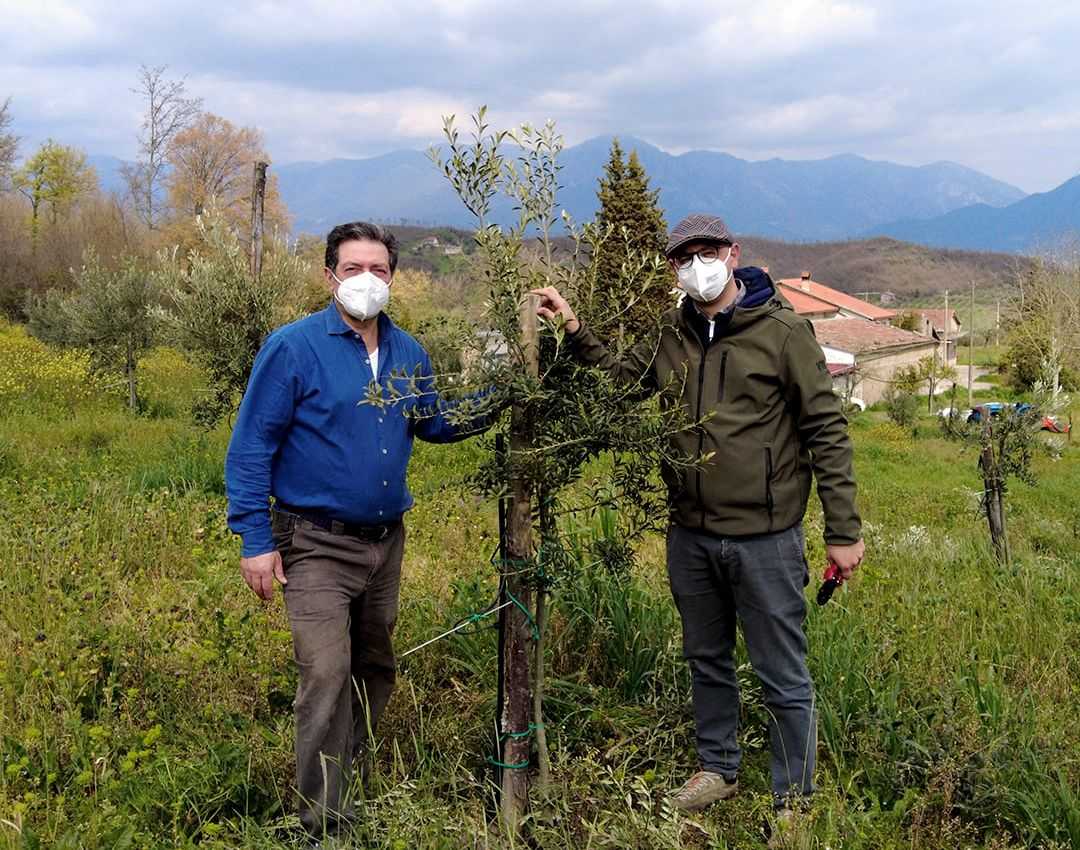
Photo: Fontana Lupo
In the hills surrounding Naples, the Petrazzuoli family manages olive orchards that extend for about seven hectares between Ruviano and Caiazzo, also in Campania. Situated at an elevation of 500 meters, the groves are protected by neighboring woods and maintained by the Petrazzuoli family for generations.
“Our land has always been at the heart of my family so that we know its history and also know how the territory has been cared for,” Giovanni Petrazzuoli, the company’s owner, told Olive Oil Times.
This intimate knowledge of the land gives the Petrazzuoli family a competitive advantage, he argued, allowing them to safeguard the trees’ health better and carefully observe what is happening in the olive groves. The centuries-old olive growing tradition of the family even affected its surname.
“The Petrazzuoli family has an ancient history dating back to the 12th century, a period in which the Prince of Capua entrusted the care of their land to some members of the Petra family who, with recognized mastery, began the production of olive oil,” Petrazzuoli said.
“Petra’s oil, already renowned at that time, contributed to the modification of the family name, from Petra to Petra-zzu-Oli, enclosing in the name the olive-growing tradition of the family,” he added.
To this day, the family continues to utilize only traditional harvesting and production methods in their olive groves.
Among the practices they continue to follow is the use of green manure to nourish the trees, a technique that dates back to the 19th-century.
“We fertilize the soil by planting leguminous plants at the foot of the olive trees, which fix nitrogen taken from the atmosphere in their roots,” Pettrazzuoli said.
Once the beans have been plowed, the refuse of the plants decomposes into the soil, and the roots of the olive trees absorb the nitrogen.
However, one of the most unique aspects of the area is the abundance of spring water. The name of the Gold-winning Fontana Lupo, or Wolf Fountain, comes from the habit of local wolves coming out from the woods during the hot summers and drink water from a nearby fountain.
“The fountain is still here and working,” Petrazzuoli said. Fontana Lupo is a medium blend made from the Ortice, Caiazzana and Frantoio cultivars.
At the top of the neighboring region of Calabria, the producers behind Donato Parisi’s Olio di Calabria Organic PGI won a Gold Award, once again confirming the high quality of the company’s extra virgin olive oils.
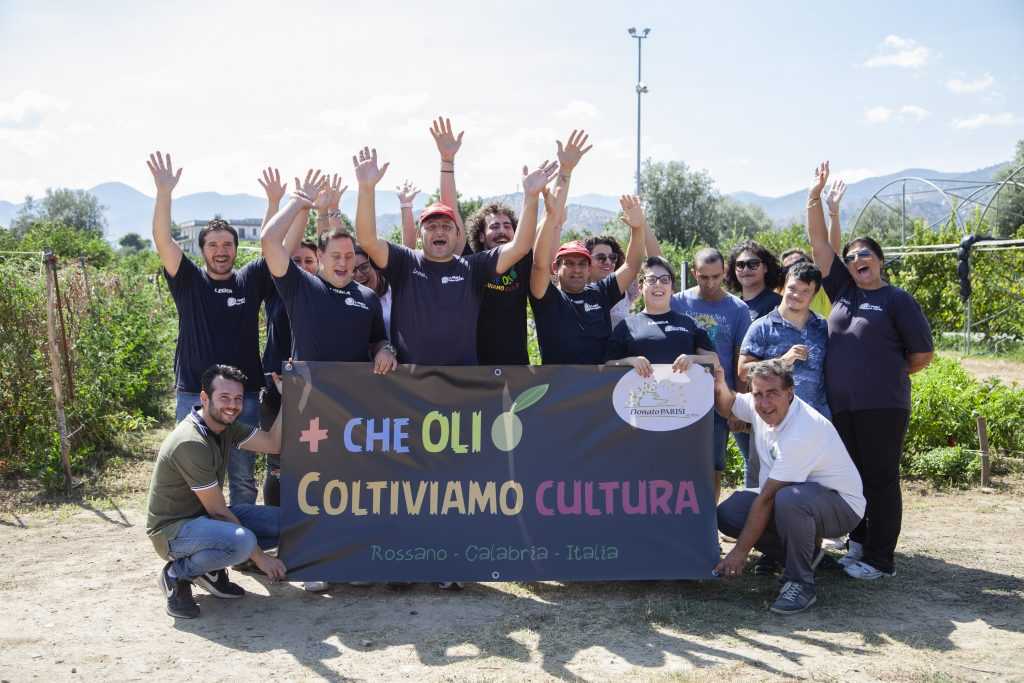
The team behind Donato Parisi (OOT Archive)
“Following organic production protocols allows us the opportunity to safeguard biodiversity and offer the consumer a certified production chain, which demonstrates that the olive oil does not contain synthetic chemical fertilizers or pesticides that are hazardous to human health,” Enrico Parisi, the company’s owner, told Olive Oil Times.
The monovarietal Gold Award-winning olive oil comes from the Tondina cultivar, which is native to Calabria.
“Tondina offers a harmonic sensorial profile with green fruitiness and notes of grass, leaves, artichoke and ripe tomato,” Parisi said. “Our selection is expressed by the Protected Geographical Indication of Calabria, which is the ideal synthesis of native cultivars, climate and landscape.”
Parisi believes that the true challenge for olive oil producers is to enhance consumers’ knowledge of extra virgin olive oil further.
“We should also work to let consumers learn how to correctly read the olive oil labels, since many still consider extra virgin olive oil a mere ingredient while it is, instead, a food specialty,” he said.
However, things are changing, Parisi added, as more consumers choose high-quality extra virgin olive oils. He emphasized that the Farm to Fork strategy of the European Union is destined to impact the whole production chain.
“Still, we need to focus on 100-percent Italian olive oil, whereas in Italy, the national production is significantly less than the total consumption,” Parisi said. “That is why producers’ organizations might favor a growing cooperation to reach all together common goals.”
Located on the hills of one of the most breathtaking areas of Calabria, the Frisina Regenass family earned a Gold Award for its Olio Frisina, a monovarietal Carolea, a native cultivar that has dotted the Calabrian hills for centuries.
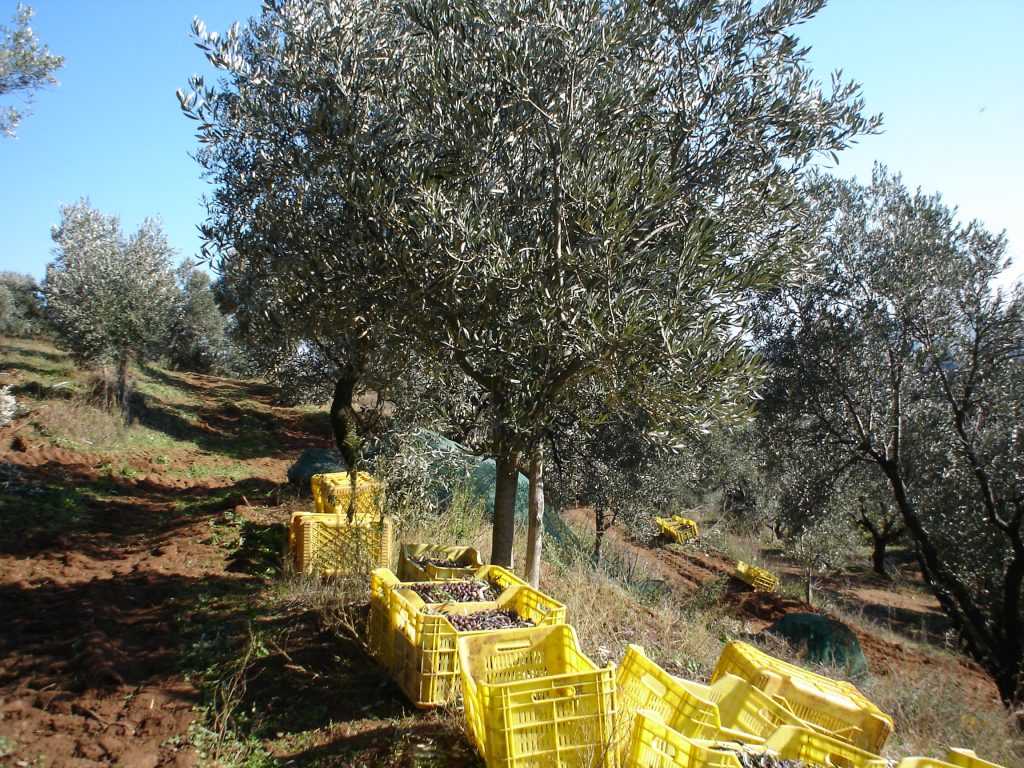
Photo: Frisina Regenass family
The main challenge for the family is once again maintaining their high-quality production despite the challenges created by climate change.
“The harvesting season has gone well, but we must keep an eye to the high temperatures, as they’ve continued to rise in the last few years,” Anita Regenass, the company’s owner, told Olive Oil Times.
“Life for those who grow the fruits of the land has always been hard, and it will always be,” she added. “The repeated extreme weather events make it even more difficult.”
According to Regenass, most consumers do not realize what it means to work in times of climate change.
“Agriculture should be described in greater detail to the consumers,” Regenass said. “They do not really know what is behind a food product and do not understand its value.”
“Climate change for us is not going to be a direct menace, but it is an incoming challenge for production,” she added. “Recently-developed and tested cooling techniques and technologies will have to be deployed.”
Regenass believes that the quality of the company’s flagship olive oil has been maintained through the years despite these challenges due to the special care the growers put in every single step of the production.
“What you need is the crucial advanced technology of the oil mill, but the trick is in doing the best you can throughout all production stages, from the olive trees to storage,” Regenass said.
Obtaining high-quality olive oil from the Carolea cultivar is a true challenge, Regenass emphasized.
“Growing Carolea is not an easy task, given its sensitivity to fungi infestations, to the fruit fly and to its tendency to alternate on and off production years,” she said. “Still, Carolea olive oil is very harmonic, with no excess notes, and the consumer really appreciates it.”
Back in the Campania region, in the heart of one of Italy’s many UNESCO World Heritage sites, the producers behind La Casa del Sole celebrated their Silver Award from the 2021 NYIOOC.
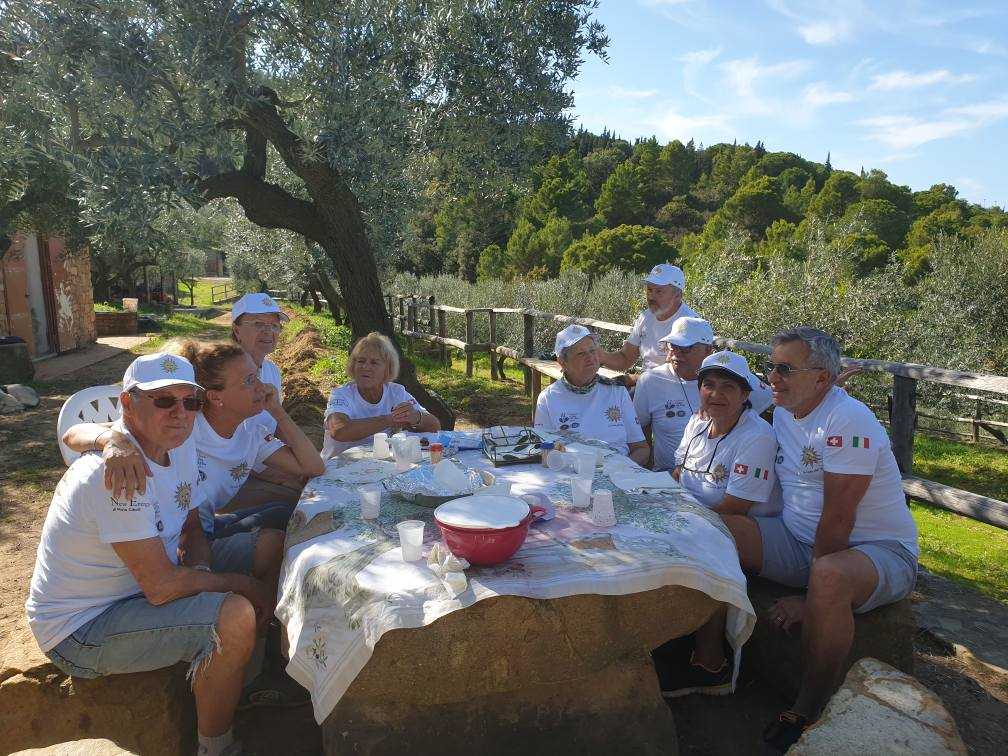
Photo: La Casa del Sole
“We harvest our olives one by one by hand, not even using a comb,” Margherita Romio-Persico, the company’s owner, told Olive Oil Times. “Our tradition is to constantly monitor how the drupes develop and ripen so as immediately to intervene if any pathogen should arise.”
Located in Cilento National Park, La Casa del Sole has produced high-quality organic extra virgin olive oil for decades. The company produced its award-winning medium blend from Leccino, Frantoio and Rotondella olives.
“Our goal has always been to produce a fine organic olive oil, with our families being its first consumers,” Romio-Persico said. “The organic choice might be penalizing the volumes of the production, but it favors the environment and the quest for quality.”
In the hills of the company’s picturesque location, right by the renowned Amalfi coastline, the latest season has gone better than elsewhere in the region but did not reach its full potential.
“We consider the 2020 season an average harvesting season, conditioned by the drought,” Romio-Persico said. “While we do not know what we may expect for the incoming season, we know we will have to keep an eye on pathogens and drought.”



